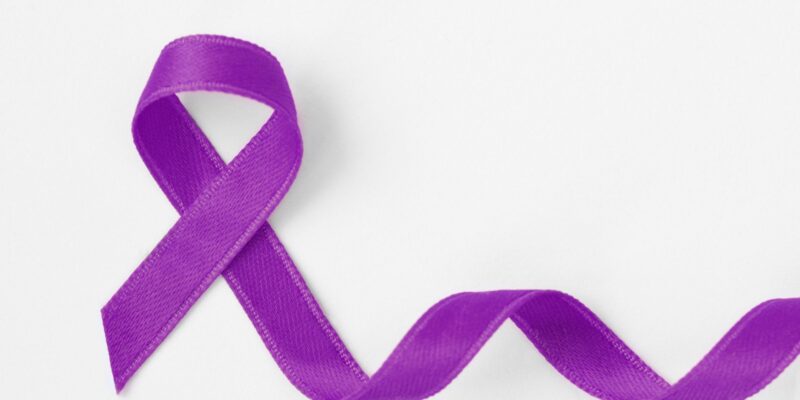While epilepsy and vertigo are distinct neurological conditions, they can sometimes present similar symptoms in…

Signs of Epilepsy in Children
Some seizures are apparent, but others are subtle. When a child has mild seizures, it can be difficult for parents to notice the signs of pediatric epilepsy. However, seizures in children under two rarely resemble adult seizures. Some kids may even seem to continue normal behaviors while having seizures. Learning the lesser-known signs of epilepsy can help a parent spot the disorder and get their child medical help as quickly as possible.
Staring Into Space
Children who appear to stare into space or daydream may be having seizures. If the child is non-responsive during these episodes, it could be a sign of more than daydreaming.
Repetitive Behaviors
If a child appears stuck in a loop of repetitive behavior, which parents cannot interrupt, it could be a seizure. Parents should ask a doctor about this behavior, even if it only mildly interrupts daily activities.
Abnormal Motor Movements
Do you notice your child twitching or having slight convulsions? Those could be seizures. Even if they are not seizures, they may indicate other neurological issues.
Abnormal Facial Movements
If a child’s face seems to make odd faces, especially in a jerking manner, that can be a sign of a seizure.
Jerking and Stiffening
Classic signs of a seizure are jerking and stiffening muscles, frequently on one side of the body. Generally, these signs do not appear until children are around six or seven years old.
Auditory and Visual Hallucinations
Does your child report seeing or hearing things that are not there? While little kids have great imaginations, that can be a sign of seizures. You should ask their pediatrician about that behavior, especially if accompanied by other potential symptoms of seizures.
Erratic Behavior
Is your child’s behavior “off” with no apparent cause? Erratic behavior can be a sign of a seizure.
Urinary Incontinence
Does your child lose control of their bladder sometimes? Do you notice a potty-trained child seeming to regress? Urinary incontinence can accompany seizures.
Falling Grades or Behavior
Is a child performing poorly in school? Subtle seizures can make it challenging to learn, impacting performance.
Unusual Sleep Patterns
Does your child sleep at odd times or for more extended periods than average? That can be a sign of seizures.
If you notice these signs, talking to your child’s pediatrician is essential. While subtle seizures may not seem as life-altering as more significant seizures, pediatric epilepsy can take a cumulative toll on your child’s well-being. Plus, they can be a warning sign for more dramatic seizures later in life.



